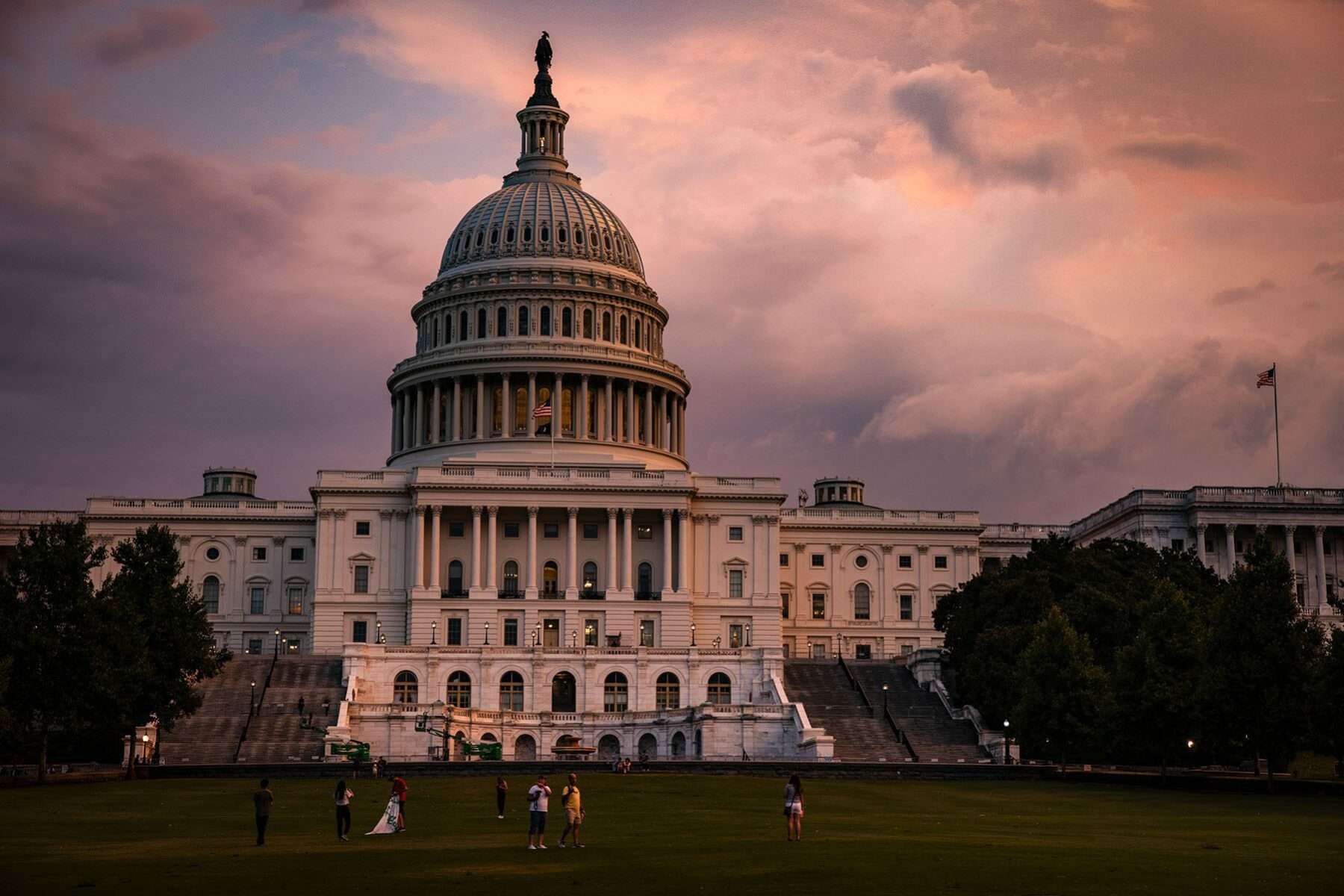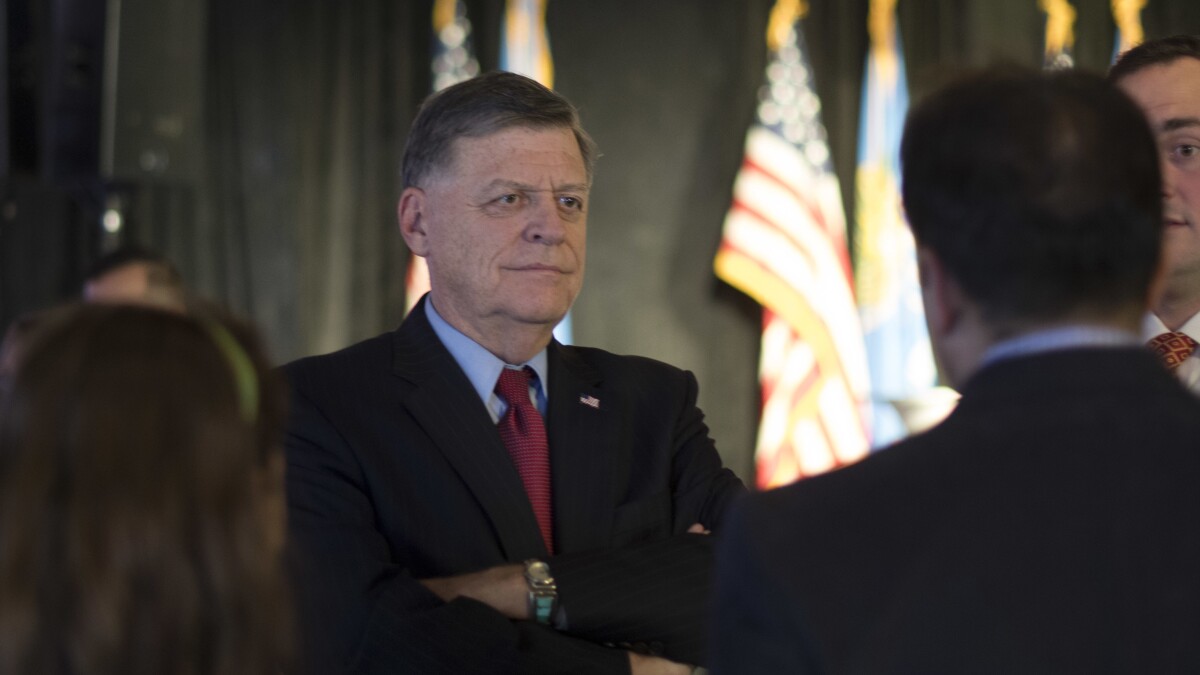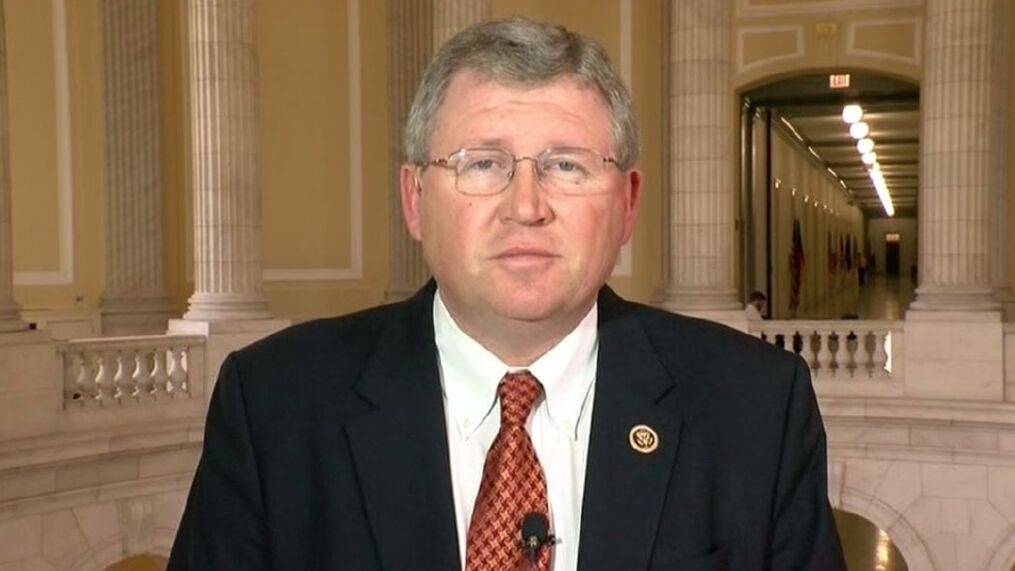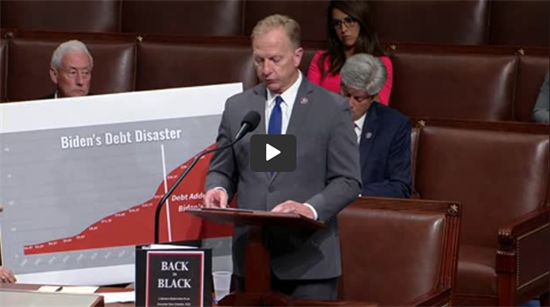
“This bill is bad, bad, bad.” Rep. Tom Cole
Just to be clear, the U.S. House approval late Friday night of the largest congressional action to take on climate change in U.S. history came with opposition from Oklahoma’s congressional delegation.
All five House members, Reps. Stephanie Bice, Tom Cole, Kevin Hern, Frank Lucas and Markwayne Mullin were among the 212 representatives who voted against the $1.2 trillion infrastructure bill. The measure passed with the support of 215 members.
“This bill is bad, bad, bad,” said Congressman Cole in floor remarks prior to the vote.

He attacked the legislative process in which the reconciliation bill was created.
“Now my Democratic friends call it the “Build Back Better” bill. I call it the “Bad Bad Bad” bill. It’s been cobbled together in a convoluted process of missed deadlines, broken promises and legislative sleight of hand. The defects are almost, Madam Speaker, too many to mention.”
He didn’t stop there.
“And my friends will say it’s paid for. It’s not. Quite frankly, they have about “$1.5 trillion” in revenue, as far as we can tell, and they have “$1.75 trillion” of expenditures. But they intend to make every program here – programs they have for a year or three years or five years – permanent. If you add them all together, it’s a minimum of $4 trillion with about $1.5 trillion of revenue. So, it’s an outrageously unbalanced bill,” charged Rep. Cole.

Rep. Lucas also said approval of the measure was the wrong action to do.
“While Congress has worked over the years to advance the modernization and the efficiency of our infrastructure, this is an imperfect bill. As important as infrastructure is to connecting our communities and economies to one another, unfortunately, this unvetted bill remained politically coupled with the Majority’s partisan trillion-plus dollar spending and tax bill,” said Lucas. “I’m hopeful Congress can come together through the appropriate committee process to pass a truly bipartisan, bicameral bill, ensuring infrastructure investment reaches every corner and community of America.”

In late October, Rep. Hern led 14 Republican House members in pointing out their criticism of what he labeled “a truly bad bill.”
“Biden’ failed leadership has created an America where grocery store shelves are empty, gas stations are running out of gas, crime is skyrocketing, our schools are failing, and our borders are wide open – completely at the mercy of the cartels. This isn’t the America any of us want. Whether we succeed or fail, we do it as one. Republican or Democrat, our future is the same. That’s why it’s so important to point out the truth of what’s in this reconciliation package. The Biden Administration has ignored crisis after crisis, putting all their eggs into this ‘Build Back Broke’ basket,” he said in comments on the floor of the House.

Congressman Markwayne Mullin, a member of the House Energy and Commerce Committee joined in the criticism of the Democrats’ bill.
“Socialism is not infrastructure,” Mullin said. “Only $110 billion of this package will go towards improving actual infrastructure, like roads and bridges, and Oklahoma would only receive a small fraction of that money. Roughly 90 percent of this package will go to socialist projects and Green New Deal spending that guarantee inflation and debt for generations to come. I will not support funding for policies that drive our country into socialism.”
Some $150 billion for clean energy advancement is reportedly in the bill including $73 billion to modernize the country’s electricity grid. It also included money to help transmit wind and solar power from the places where it is generated to large population centers.
“The Bipartisan Infrastructure Deal will create a generation of good-paying union jobs, build better roads and bridges, ports and airports, broadband for all and electricity transmission to combat the climate crisis,” said Secretary of Energy Jennifer Granholm in a statement released hours after the House approval.
While the state’s Republican Representatives blasted the bill, Oklahoma City Mayor David Holt was excited about what it might mean for the city, reported The Oklahoman.





